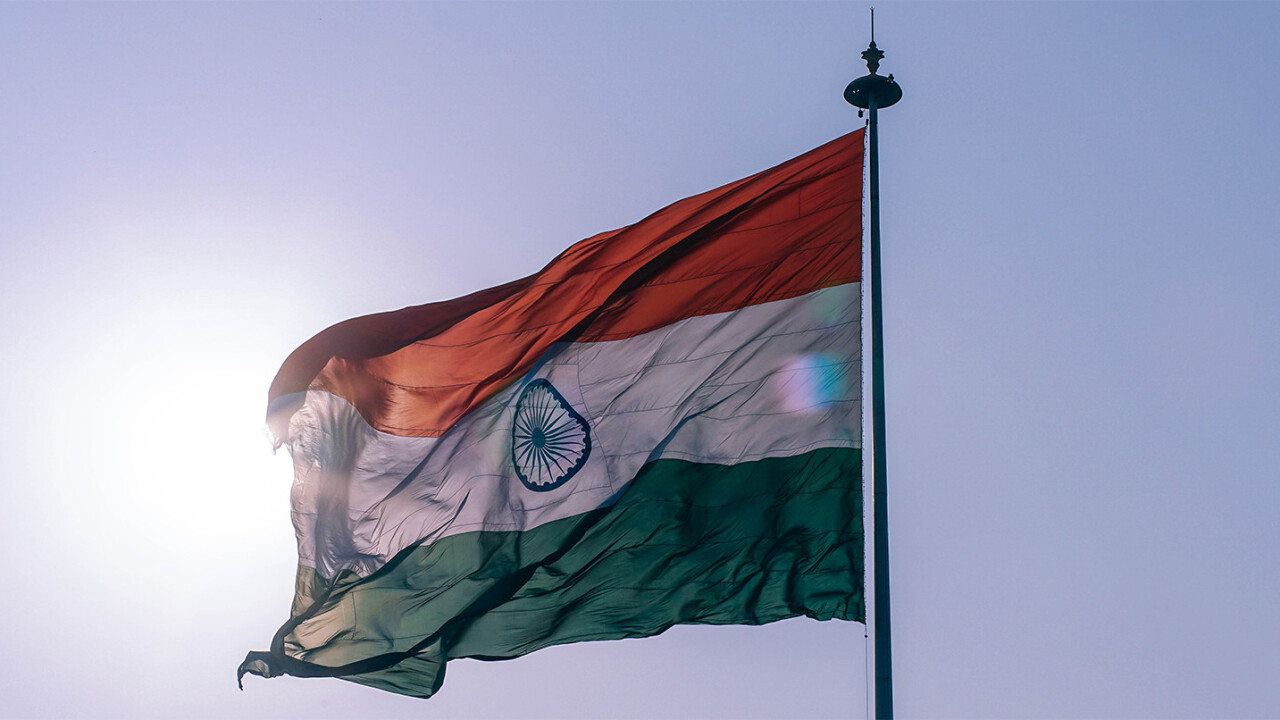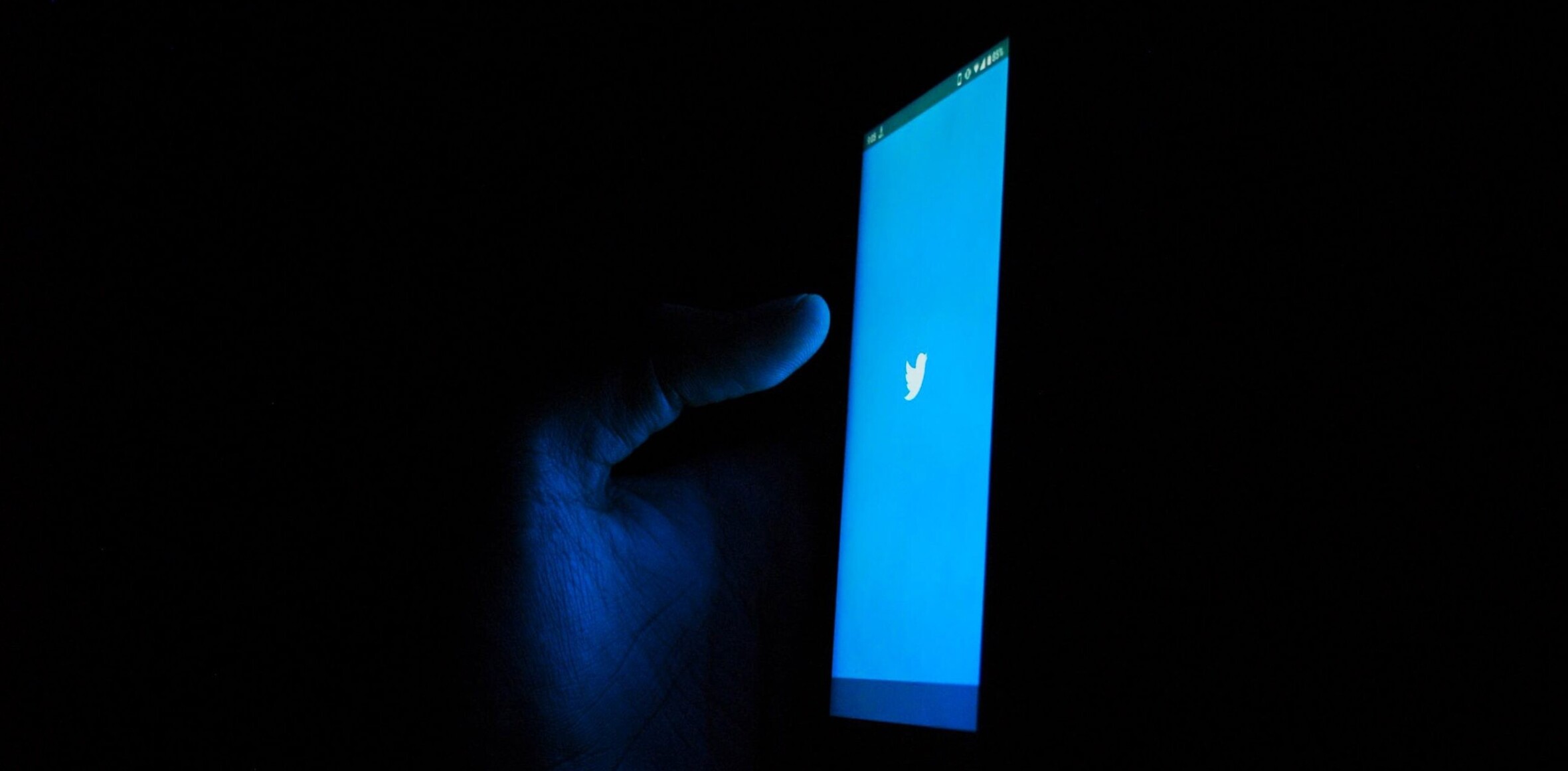Last month, when US President Donald Trump was taking photos at the Taj Mahal in India, the country’s capital was going through a turbulent time with communal riots. As the police grappled to control the situation, 53 people died and many more were injured.
Yesterday, India’s Home Minister, Amit Shah, said during the investigation following the riots, the government had identified 1,100 rioters using facial recognition systems.
[Read: After 8 months, Kashmir finally lifts social media ban — but only on 2G]
More importantly, he noted cops used data from voter ID and driving license databases to identify insurgents:
We are using face-recognition software to identify people behind the violence. The software has identified 1100 people, 300 of these people came from UP (Uttar Pradesh state) to carry out violence.
Face Identification Software से दंगाइयों की पहचान की जा रही है।
अभी तक 1100 से ज्यादा लोग पहचाने जा चुके हैं। इसमें 300 से ज्यादा लोग उत्तर प्रदेश से दिल्ली में दंगा करने के लिए आये थे जिसकी पुष्टि उत्तर प्रदेश से प्राप्त डाटा से हुई है जो बताता है कि ये बहुत गहरी साजिश थी। pic.twitter.com/1lJB7oR73W
— Amit Shah (@AmitShah) March 11, 2020
According to a report from The Hindu, a senior police officer said authorities also used India’s national vehicle database, e-Vahan, to catch perpetrators:
Our personnel were also recording videos when the riots were on. Once we had clear video footage, the software was used to match the photographs with that in the database of EC and e-Vahan to identify the suspects. Basically, even if someone changes his appearance, the chin and the eye do not change. These are the two key facial features that will help us nab the suspects
However, Delhi police previously said they only matched faces with the criminal and missing persons databases. They also claimed not to be using the system to identify protestors.
If the Indian government uses various non-criminal databases, there are concerns the system might be used to snoop on citizens and people showing dissent against authorities.
We had filed an RTI with the Delhi Police about their facial recognition system. In its response dated 20 Feb 2020, the Delhi Police stated that the system had not been used till then to identify individuals at protests or rallies but the system is clearly activated now. pic.twitter.com/Po1GO8gnjZ
— Internet Freedom Foundation (IFF) (@internetfreedom) March 12, 2020
Last month, the Ken published a report stating that the government is planning to introduce a new bill, called the Identification of Prisoners and Arrested Persons Bill, which will allow cops to collect biometric data of people they call for interrogation. This is not possible with the current Identification of Prisoners Act.
Get the TNW newsletter
Get the most important tech news in your inbox each week.






